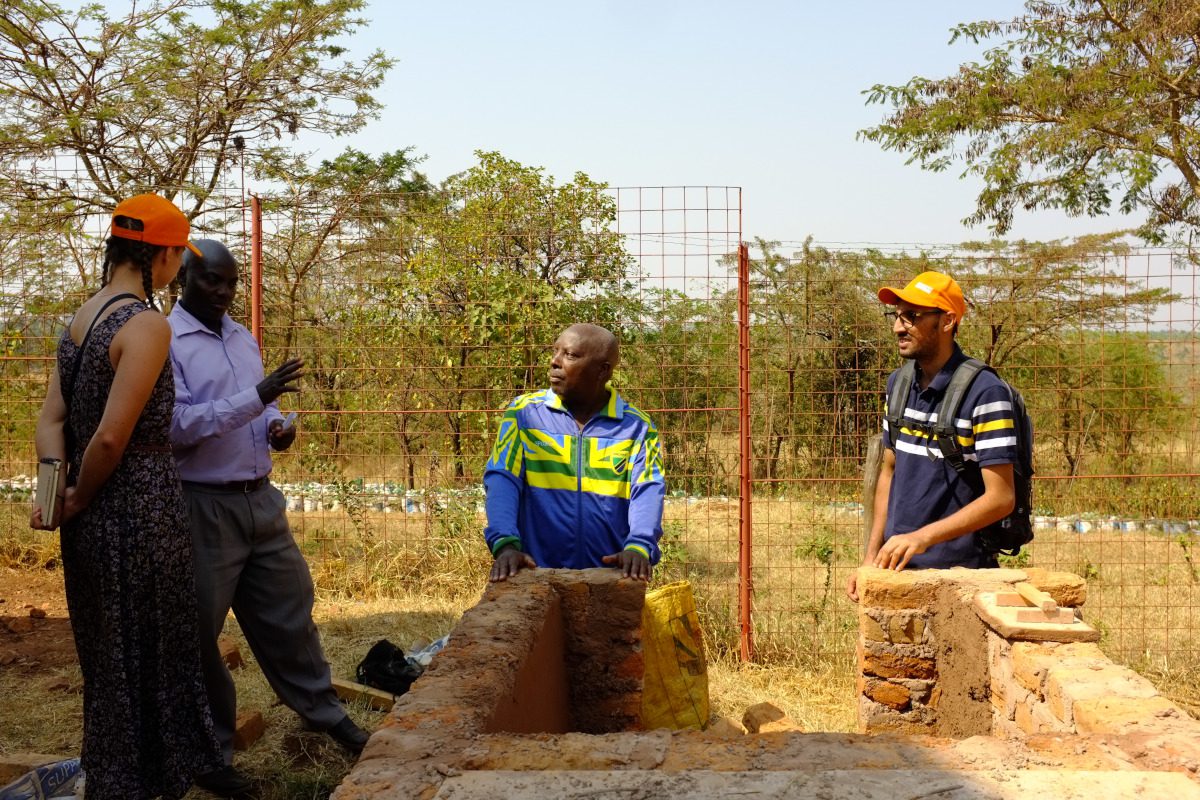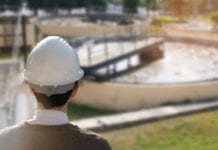
Situated in the mountains of north-western Tanzania, the rural district of Karagwe was once an influential kingdom where wealth was measured in cattle. While agriculture remains one of Karagwe’s key sources of income, the area also faces a major water shortage. Here, Johan Kerstell, Executive Vice President and Head of Human Resources at Sandvik Group, explains how bringing people together can help overcome such challenges.
Established in 2015, the United Nations’ (UN) Sustainable Development Goals address global challenges related to poverty, inequality, climate change and justice. Number six of the 17 goals is to “ensure availability and sustainable management of water and sanitation for all.”
Out of a population of 57 million people, just 57 per cent of Tanzania has access to an improved source of safe water, leaving many to spend a significant amount of time travelling long distances to collect water. To help improve everyday life for children in the area, Sandvik and Engineers Without Borders (EWB) have been working in cooperation with locals to construct sustainable toilet facilities in schools.
Engineering sustainability
The first goal of the Karagwe sanitation project was to build a prototype toilet that could go on to be used in the district’s public primary schools. Due to the water shortage, engineers needed to come up with a water-free flushing system that could improve hygiene levels while not increasing water dependency. An ecological sanitation solution that converts waste into compostable matter offers an alternative to conventional sanitation in challenging environments, helping to solve the issue without further developing another.
Ecological sanitation, or ecosan, is an approach to sanitation that aims to safely reuse human waste. When properly designed and operated, an ecosan system provides a hygienically safe method of converting waste into nutrients that can be returned to soil. To lower the pH and limit the amount of fluids left over from the waste, ashes and sawdust are spread on the collected material.
This method of treating waste offers numerous benefits that help to improve the health and value of both people and their surrounding environment. For example, ecosan systems minimise the introduction of pathogens from human waste into the water cycle, which are typically introduced via ground water if waste is not managed effectively.
Dry toilet systems also help lower water consumption, while the conversion of resources into compost reduces the reliance on non-renewable resources for fertilizer and energy consumption during its production. In fact, urea is a major component in urine, yet we produce vast quantities of urea by using fossil fuels. Properly managing the natural production of these components can further boost sustainability in developing areas.
Social value
In addition to the sanitation and sustainability benefits that the project brings to Karagwe, improved facilities also bring a great deal of social value. Johanna Burström, who studies Water and Environmental Engineering at Uppsala University and the Swedish University of Agricultural Sciences, is one of the two engineering students that worked in Karagwe to execute the prototype project. She performed a survey at the girls’ secondary school to receive input on how the design of the toilet system could make life easier for them.
“We know that menstruation is connected with taboos, which is a challenge for many girls, especially in mixed schools,” Burström explains. Providing facilities dedicated to female hygiene, with safe disposal and water access, will help make pupils feel more comfortable during their time at school.
Delivering social value is something that many employees want to participate in, and people want to work for responsible companies. Back in 2016, a report by Cone Communications found that 64 per cent of millennials — who are currently estimated to make up 50 per cent of the working population — would not accept a job if the company didn’t have strong corporate social responsibility (CSR) values.
More recently, CSR took centre stage during the 2020 edition of the World Economic Forum’s (WEF) Davos gathering, with ‘Better Business’ being one of the conference’s main themes and several sessions devoted to seeking ways that businesses can improve the environment and people’s well-being.
Sandvik AB has a longstanding relationship with EWB Sweden. Sandvik AB contributes its technical know-how, project management skills and international experience to EWB’s activities in Sweden and in developing countries. Projects such as the Karagwe school project and the collaboration with EWB play a major role in Sandvik’s community involvement and correspond to the company’s goal to create social value through engineering and innovation.
Engineering goes far beyond designing machine tools and developing manufacturing methods. In fact, engineering and innovation play a vital role in making society a better place for everyone, improving the lives of those facing challenges.
Understanding the role that we can play in the community is a vital part of what we do, and recognising that engineering is just as much about people as it is about products is key to making our planet a safer, cleaner and happier place.







